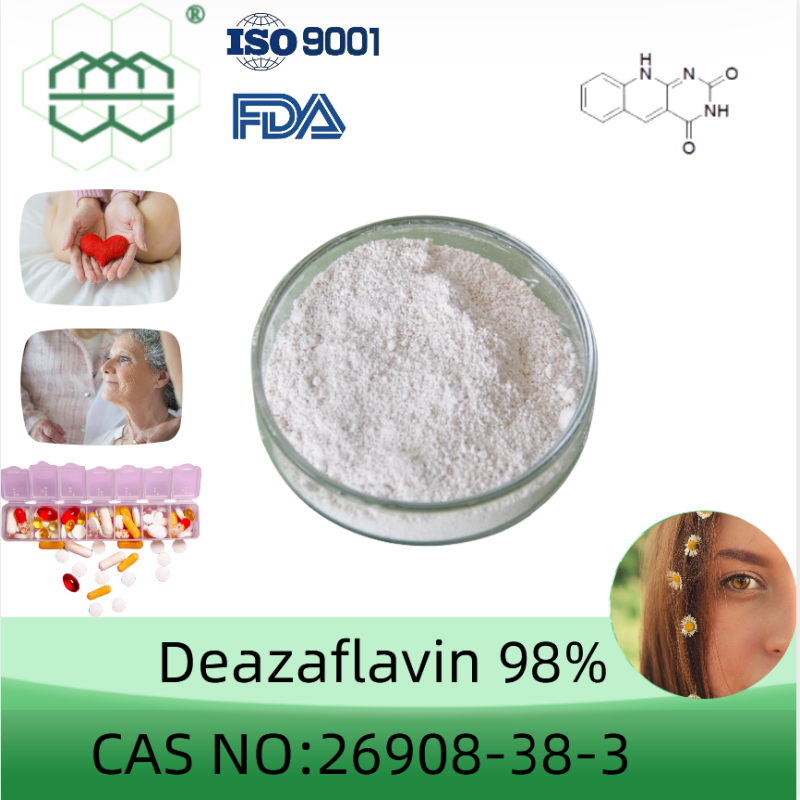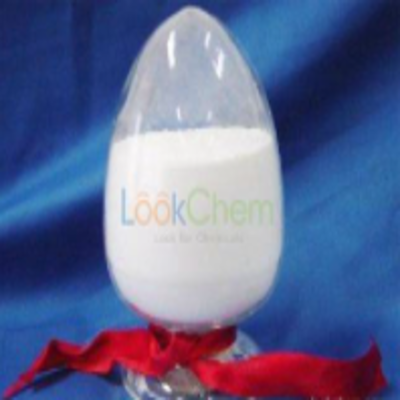-
Categories
-
Pharmaceutical Intermediates
-
Active Pharmaceutical Ingredients
-
Food Additives
- Industrial Coatings
- Agrochemicals
- Dyes and Pigments
- Surfactant
- Flavors and Fragrances
- Chemical Reagents
- Catalyst and Auxiliary
- Natural Products
- Inorganic Chemistry
-
Organic Chemistry
-
Biochemical Engineering
- Analytical Chemistry
- Cosmetic Ingredient
-
Pharmaceutical Intermediates
Promotion
ECHEMI Mall
Wholesale
Weekly Price
Exhibition
News
-
Trade Service
Original title: Tea polyphenol protein self-assembled hydrogel can accurately regulate intestinal health
How to achieve the "Future Food" of the precise regulation of nutritional health, is a common concern of scientists. Recently, Hu Bing, a professor at Nanjing Agricultural University's School of Food Science and Technology, built a new strategy for processing food molecules, which is expected to accurately regulate intestinal health. On March 24, the findings were published in the Journal of the American Chemical Society Nano.
intestinal bacteria are closely related to human health, and it has been made clear that common intestinal inflammatory reactions are related to virulent groups, which stimulates abnormal proliferation of specific genus. Scientists have found that dietary plant compounds have physiological functions that promote human health, including regulating gut flora. However, the widespread poor solubility, low bio-utilization rate and low load in the existing transport carriers seriously restrict their application in the field of food processing, and also restrict the further development of their functions.According to Hu Bing, the author of the
paper, the results are based on the natural supermolecules formation and self-assembly mechanism of protein-induced tea polyphenol molecular stacking, which reveals the evolution law of soft matter structure across multiple scales, and proposes a new method of efficient encasing, solubility, steady-state and oral intestinal transport of small molecule active substances (drugs). The food soft matter can accurately target and regulate the flora and promote intestinal health.
team found that small molecules of natural tea polyphenols have self-assembly properties. Through the observation of cryo-transmission electron microscope and small-angle X-ray scattering analysis, in the microcosmic world of 10-9 meters, tea polyphenol molecules like snowflakes floating, attached to the surface of food protein amyloid fibers, and constantly stacked to form a "core-shell" supermolecular nanowire structure, and then self-assembled into food water gel.
amyloid fiber is a kind of orderly aggregate state of nano-line structure, its length of 20-30 microns, diameter of 2-8 nanometers, with a hand helix. The team processes food proteins to self-assemble into this flexible biocollexual.
Hu Bing told China Science daily that such a process greatly increases the load of polyphenols in hydrogels, meeting production needs, while also enhancing the stability of polyphenols.
they observed in animal experiments that hydrogels entered the small intestine from the mice's stomachs and eventually into the large intestine, where they remained in the colon for long periods of time. This food supermolecule soft substance in the colon of mice to alleviate the inflammatory reaction, but also significantly improved the corresponding intestinal microbiome disorders, inhibited by the inflammatory reaction triggered by the abnormal proliferation of microbial genus. Long-term animal toxicity test results show that the consumption of this food soft substance did not show toxic side effects, can enhance antioxidant levels in the body.
previous studies have suggested that polyphenols inhibit the formation of protein amyloid fibers, or cut off and destroy formed amyloid fibers. The latest findings from Nanjing Agricultural University show that the two are not "water and fire", but can be combined, protein amyloid fiber can be used as an attachment vector to polyphenols, the combination of the two can form an advanced structure of hydrogels.
.







